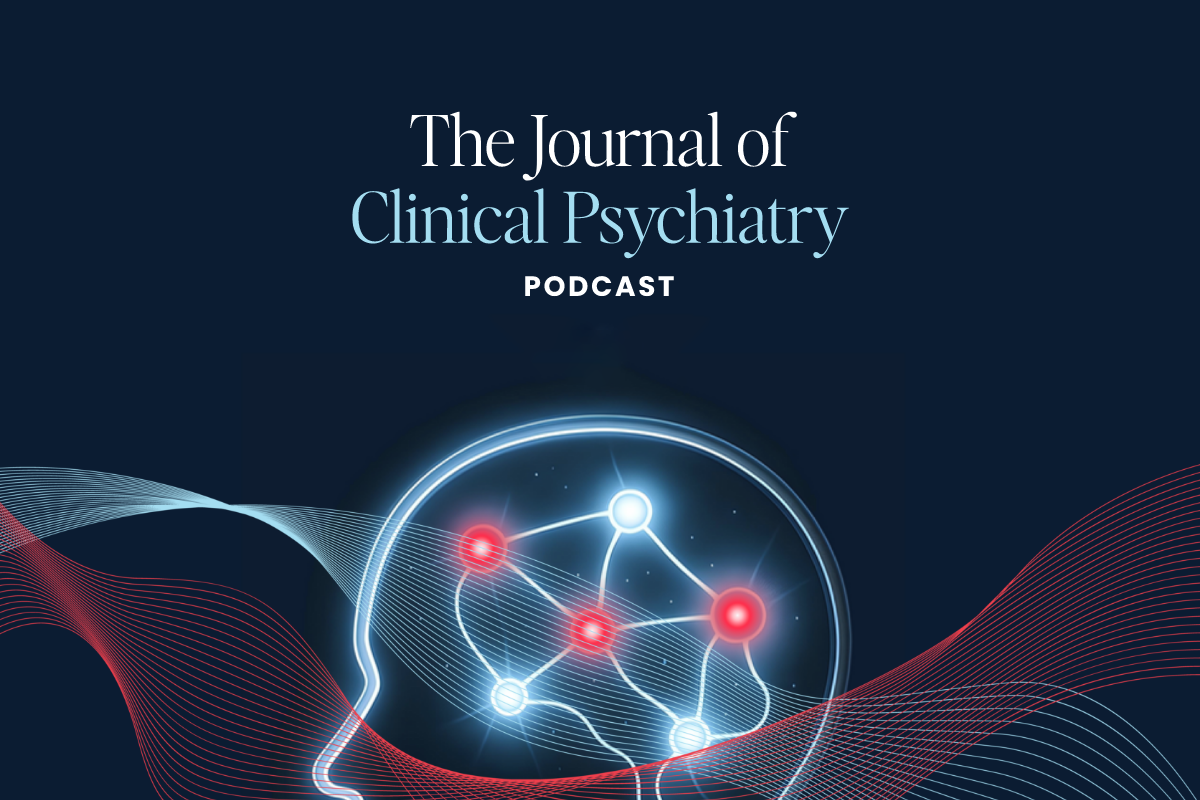The use of artificial intelligence (AI) in understanding, diagnosing, and managing mental health marks a significant area of innovation. Recognizing its advantages and challenges, governments closely monitor this emerging technology. While they seem to be embracing its use, governments are scrambling to ensure AI’s implementation is effective and ethical.
Here are three key updates on how governmental agencies shape their recommendations and use AI in mental health.
5 AI Tools Every Doctor Should Know About
AI Chatbot Gives Harmful Eating Disorder Advice
WHO AI in Mental Health Research Report
The World Health Organization (WHO) recently released a report exploring AI’s applications and challenges in mental health research. With over 150 million people in the WHO European Region living with a mental health condition, the report highlights the technology’s potential to revolutionize mental health services and research, alongside noting some concerns.
The report praises the fact that AI can quickly gather and analyze various forms of digitized healthcare data, including electronic health records and medical images. It automates tasks, assists clinicians, and improves understanding of complex disorders. However, the study also identified significant challenges, including the over-accelerated use of AI applications in mental health research. The organization expressed a desire for greater focus on resolving substantial privacy concerns, methodological flaws, poor data validation, and a lack of transparency to improve results’ replicability and maintain public trust. They also call for the focus to expand beyond conditions like depression, anxiety and schizophrenia to cover a more diverse array of diagnoses.
World Economic Forum’s Global Governance Toolkit for Digital Mental Health
The toolkit addresses the urgent need to improve mental health care globally, focusing on integrating disruptive technologies like AI and machine learning.
For AI to be an effective solution, developers must ensure digital mental health services are trusted, strategic, and safe, the report emphasizes. It outlines key benefits of digital mental health, including novel research and treatment options, increased accessibility, affordability, scalability, consumer empowerment, precision and personalization of services, reduced stigma and discrimination, data-driven decision-making, equitable access, and a focus on prevention and early treatment.
The authors stress the need for ethical principles and standards that protect consumers, clinicians, and healthcare systems. The toolkit guides governments, regulators, and independent assurance bodies in developing and adopting standards and policies that protect consumers and foster the growth of safe and effective digital mental health services.
The toolkit’s role is multifaceted: it aims to improve the accessibility, quality, and safety of mental health services, guide strategic investment decisions, and develop standards for the ethical implementation of digital mental health services. It targets a diverse audience, aiming to adopt services that provide scalable, effective, and affordable mental health solutions.
Limbic AI Chatbot
Limbic, a conversational AI chatbot, assists people in accessing mental health support. A new preprint study provides the first real-world, large-scale data to evaluate an AI tool’s impact on mental health care access quality.
The study, still awaiting peer review, quantified the impact of Limbic’s AI-enabled self-referral tool. This tool focuses on improving access to mental health treatment within the NHS Talking Therapies services in the United Kingdom. There was a 15 percent increase in total referrals to mental health services. This is compared to a 6 percent baseline increase in matched services using traditional self-referral methods. Furthermore, the tool notably benefited minority groups, with significant increases in referrals from non-binary, bisexual, and ethnic minority individuals.
The study analyzed feedback from over 42,000 individuals who used the tool. It recognized two key factors for the AI tool’s efficacy. It identified the judgment-free nature of the tool and its ability to enhance the perceived need for treatment.Despite potential limitations, like cultural differences between NHS services, the study’s strengths are noteworthy. These include data reliability, a real-world setting, a large sample size, and a thorough approach in implementing the AI tool. The results support the notion that digital technologies can significantly contribute to sustainable healthcare goals. They also enhance access to mental health treatment.



